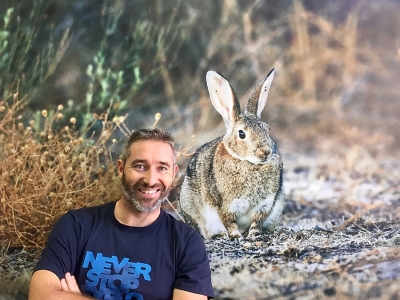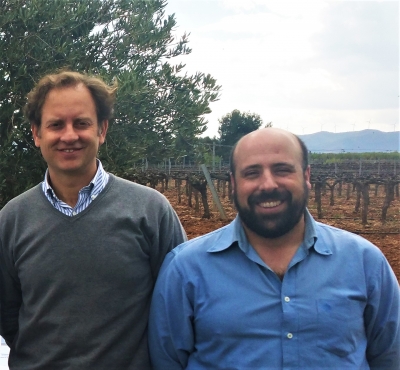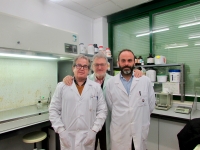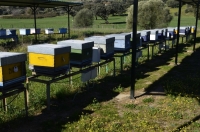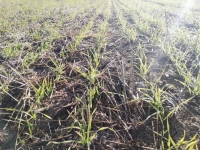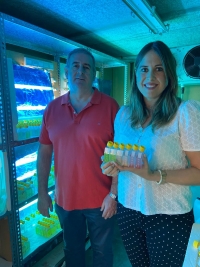The fight against haemorrhagic disease to protect rabbits in the Mediterranean basin
Escrito por UCC+iProject LAGMED monitors the haemorrhagic disease in rabbits and characterizes circulating virus strains in order to contain future outbreaks
LIVING SOILS PROJECT | Five countries unite to curb the deterioration of farming soil
Escrito por UCC+iProject Living Soils will create a collaborative network to exchange and spread good practices in agriculture in order to conserve soil
MED-BERRY PROJECT |New, sustainable strategies to protect strawberry farming in the Mediterranean region
Escrito por UCCiThe European project called MED-BERRY looks into new biofungicides and genetic improvement technology in order to defend strawberries against attacks from pathogens
Honeybees reveal environmental pollution in their surroundings
Escrito por UCC+iThe University of Cordoba is collaborating on a new project by the University of Almeria to test APIStrip, a new tool for sampling environmental pollutants by means of bee colonies
Conservation Agriculture increases carbon sequestration in extensive crops
Escrito por UCC+iA study performed by UCO (University of Cordoba) and IFAPA (Institute of Agricultural Research and Training) analyzed the potential of no-till farming in order to achieve the aims of the 4perMille initiative, that seeks to increase the amount of organic carbon in soil.
PROJECT VESYNECH | Research into how bacteria that produce oxygen in the ocean interact
Escrito por UCC+iProject Vesynech is studying why marine cyanobacteria release small compartments with nutrients and genetic information and what their functions are


